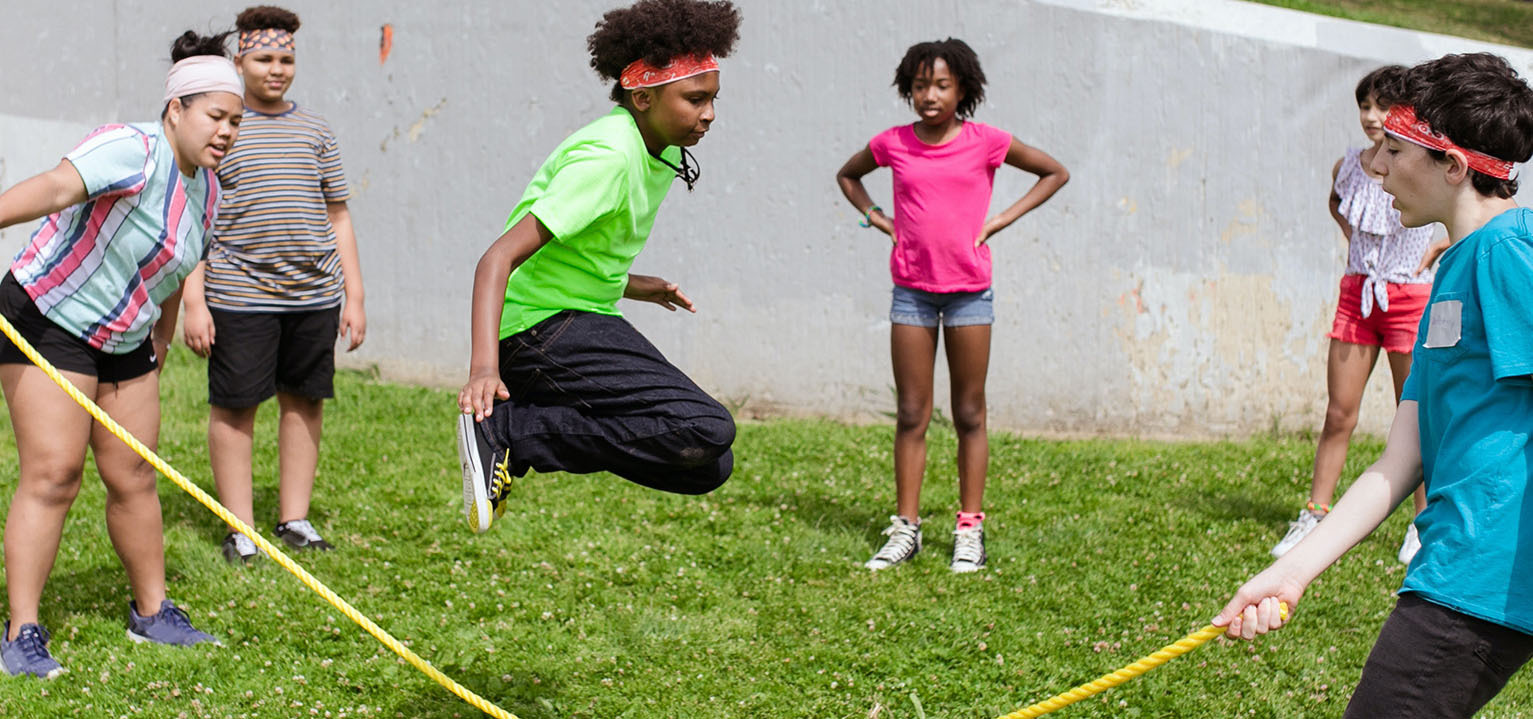1K
Downloads
5
Episodes
Sharing a family meal every day is a powerful antidote to drug and alcohol abuse and addiction.This podcast explores how different families engage around challenging subjects. We host the conversation at a local restaurant partner, led by our Program Director Theresa Bairos, LMFT. Join us!

EPISODE 1
Where has unstructured time gone?
By Stephen Kaplan
I’m old, but I’m not that old. Recently, I volunteered in a kindergarten classroom. So much has changed since I was in school – free exploration is limited to only 15 minutes of the day, students are engaged in “data chats” about their academic progress, and students are looking at rubrics to score their drawings.
When we think about preparation for what is to come at the higher grades, this all makes sense. But maybe we also need to bring a little more of the explorative, an unstructured play we used to find in kindergarten back to the upper grades.
There is a perception that anxiety is rampant among young people today, and some of the numbers bear this out. The most recent data from the CDC show that 9.4 percent of children ages 3-17 have been diagnosed at some point with anxiety; this is up from 5.5 percent in 2007.
For some students, school, homework, activities (sports or clubs), work outside the home, and homemaking responsibilities (chores and sibling/relative care), their total “work week” can amount to 50 hours or more. All of this time is spent in goal-directed and structured activities.
When was the last time you saw your child or a child you know pick up a book and read for enjoyment (and not for when it was being logged on a reading log for school)? When was the last time you saw your child or a child you know run out and play a pick-up game of a sport or toss a ball around with friends? What about singing karaoke at the top of their lungs? For that matter, when was the last time you did something like that? I know for me, it has been a really long time.
When most of our activities are measured and judged on a daily basis, it’s not a wonder that rates of anxiety increase. Anxiety, especially when undiagnosed, is a risk factor for substance use; if a young person is having difficulty managing their anxious feelings, they may look to substances to manage the difficult feelings.
This is not to dismiss the importance of goal-setting in our lives. Teaching young people to measure their own progress over time against their previous performance is healthy and important. But it’s not the only thing we need to do. Doing something because you enjoy it, without ever thinking about how “good” or “bad” you might be at it, is important as well.
I know that we often over-program our youth because we worry about unstructured time, making them vulnerable; it’s true that when kids are bored, they are also at risk of substance use. But this is not an either/or. Let’s also teach youth how to create activities for themselves that are fun and that don’t have a point!
Hosted by Dada Restaurant in Delray Beach

